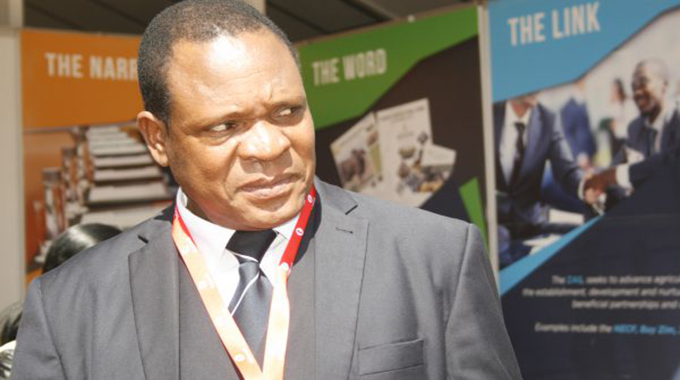|
Getting your Trinity Audio player ready…
|
Dr. Anxious Masuka, the Minister of Lands, Agriculture, Fisheries, Water and Rural Development commissioned the Chivi Water Supply Rehabilitation Works as part of efforts by the Second Republic to accelerate rural development for the attainment of Vision 2030.
The rehabilitation of Chivi Water Supply is part of a wider programme to help ease water challenges in small towns, growth points, and rural service centres.
In his address, Dr. Masuka said with water being a critical enabler of socio-economic activity, a solid water infrastructure base lies at the heart of a prosperous nation.
“It is in this regard that the Government through the Zimbabwe National Water Authority (ZINWA), has been working tirelessly in the past months to rehabilitate and restore to full design capacity, various water supplies around the country. I am advised that the work carried out here in Chivi entailed the construction of a 25 cubic meter filter tank, rehabilitation of the old water treatment plant, installation of new duty and standby pumping units, construction of clear water pumping main, and the expansion of the reticulation network,” Dr. Masuka said
The work also included the construction of a semi-detached house and the fencing of the water treatment plant. Following the successful rehabilitation exercise, some areas that were going for prolonged periods without water are now getting normal water supplies while a total of 612 households have benefitted directly from the exercise.
Following the intervention, water production has jumped from 11 983 cubic meters in February 2021 to a peak of 45 510 cubic meters in September. These figures demonstrate the positive impact and the relief that these rehabilitation works are bringing to communities and will go a very long way in improving the water and sanitation conditions for people.
The minister said this should in turn lead to the overall transformation of livelihoods, which the Government desires.
Treasury, in the 2022 budget, has availed in excess of ZWL 24 billion for rehabilitation of various water supply stations across the country, construction of new dams, rural development water supply schemes, including borehole drilling.
The minister promised that some 16 rural service centres will have their water supply upgraded in 2022. The major cities of Harare and Bulawayo will also have their water supply augmented greatly. ZINWA is expected to ensure that all the 450 irrigation schemes have portable water for the scheme users. For the 92 irrigation schemes earmarked for rehabilitation in 2022, ZINWA was urged to urgently undertake the feasibility studies so wo9rk can be carried out concurrently.
These resources represent a massive investment in water provision for small towns, growth points, and rural service centres in line with the Government’s thrust of inclusive growth and rural transformation.
The rehabilitation of these stations is set to benefit, in various ways, thousands of people and households in the beneficiary centres. Apart from the rehabilitation of water supply stations, Government through ZINWA and DDF also intends to drill 20 000 boreholes across the country in 2022, as part of the 35 000 boreholes intended for all the country’s villages.
Additionally, 9600 boreholes shall be drilled at schools and a further two in each ward to act as youth agri-development centres. This is part of the life-changing Presidential Rural Development Programme, originally the Presidential Rural Horticulture Scheme. The 10 million people in rural areas will now have safe and portable water. Additionally, economic activity will be spawned by this development with a USD 6 billion economy expected by 2025, with 840 000 rural people directly employed, and some 140 000 youths in the various village schemes.
This is massively transformational and unprecedented in the history of our country.
“As we celebrate this milestone achievement, let us remain alive to the need for us to pay for the services we get from ZINWA. I am advised of the untenable situation where ZINWA is owed in excess of ZWL 2 billion in unpaid water bills, which has seriously affected ZINWA’s ability to sustainably execute its mandate of delivering water to users. We should all remember that there exists an inextricable connection between payment for water bills and service delivery. When users neglect to pay for the services they get, there surely cannot be sustainable service delivery. In this regard, ZINWA shall also be installing prepaid water metres to assist residents in managing their water use,” Dr. Masuka added.
